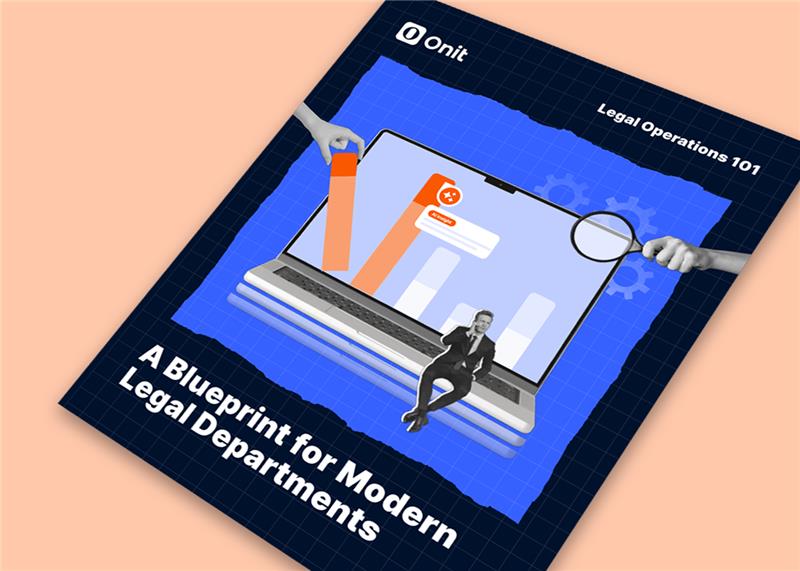Unless you’ve been living under a rock for the past decade, you will no doubt have heard the term, ‘collaborative economy.’ Our day-to-day lives have slowly evolved into this shared existence, sometimes without realizing it. So, what exactly is the collaborative, or sharing, economy? Jacob Morgan summarizes Wikipedia’s definition in a Forbes article,
“The sharing economy (sometimes also referred to as the peer-to-peer economy, mesh, collaborative economy, collaborative consumption) is a socio-economic system built around the sharing of human and physical resources.”
This idea, while mainly applied to consumer applications such as AirBnB, Uber, or Netflix, has wide-ranging ramifications for every facet of our personal and professional lives.
It’s about access, without the burden of ownership
Take the legal industry for example; the days of legal departments investing in large, cumbersome, database-centric enterprise systems is over. No longer do companies want to own a product outright, as the cloud has made it easy to gain the benefits of much more nimble and cutting-edge products without the price of ownership. Our businesses change at break-neck speed. Therefore, the tools and technology we depend on to run those companies cannot be slow to change. Just like the Zip Car driver isn’t responsible for fixing that flat tire or maintaining the oil, Onit’s Enterprise App customers don’t have the burden of making sure that the technology they use to run their legal department is fully up-to-date.
It’s about collaboration, transparency
However, the benefits of access with ownership extend way beyond your legal operations team directly purchasing a cloud-based App over a traditional enterprise software solution. The sharing, or collaborative, economy reaches far into our peer-to-peer tasks and inter-department dealings. No longer do you have to depend on someone “owning” and maintaining the database or centralized repository. The newer cloud-based Apps depend on a democratic and collaborative way of working. Everyone has visibility, everyone has ownership, everyone contributes, everyone benefits.
In an op-ed for the New York Times, Tina Rosenberg, author of Join the Club: How Peer Pressure Can Transform the World, had a great quote about the sharing economy as it relates to business innovation. Rosenberg said, “Innovation happens best when people from different disciplines collaborate.” We think that is true in cross-disciplinary environments, but also in cross-departmental applications. Onit’s Enterprise Apps help legal departments manage and streamline their operations, but also provide easy access to information to help drive strategic initiatives for the larger business. Because of their inherent transparency, Enterprise Apps allow a great opportunity for ideas from all levels of the organization to get visibility and traction. This is in direct contrast to the walled-in, ownership approach of old, making it much harder to nurture ideas between those rigid structures.
It’s about the user, and ultimately, the consumer
This type of service model places the customer at the forefront of this economy. When transparency and collaboration collide for users on the business-side, customers stand to benefit from faster response times, greater accountability, and a much better end product. Companies such as Salesforce, Dropbox, and Amazon’s content distribution service have made it easier for users on the business side to access information quickly and collaborate effectively to meet customer demand. A common thread among these companies, and of those at the center of the sharing economy is their commitment to success by devising solutions that are accessible, perform well, and are designed with the needs of the user at the forefront.
Mark Gilbreath, CEO of LiquidSpace, talked about this new customer-centricity in a blog for the Wall Street Journal, saying, “Sharing at work is not a new disruption — rather, it’s just the next chapter in a continuing consumerization trend that last brought us the consumerization of IT.” Here at Onit, we believe nimble, cloud-based business applications are firmly rooted in this collaborative economy, and have upended what Gilbreath aptly called the “command and control business culture that has defined the Industrial Age.”
To learn more about how our enterprise Apps can improve the collaboration economy in your business, download our new whitepaper: A New Approach to Enterprise Legal Management (ELM).






